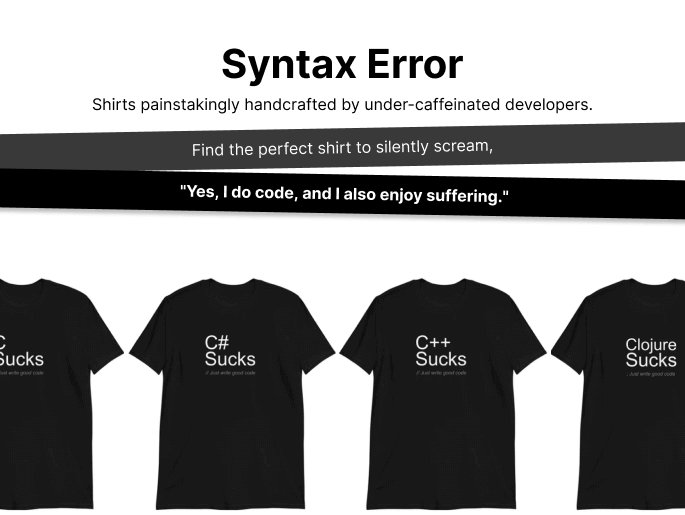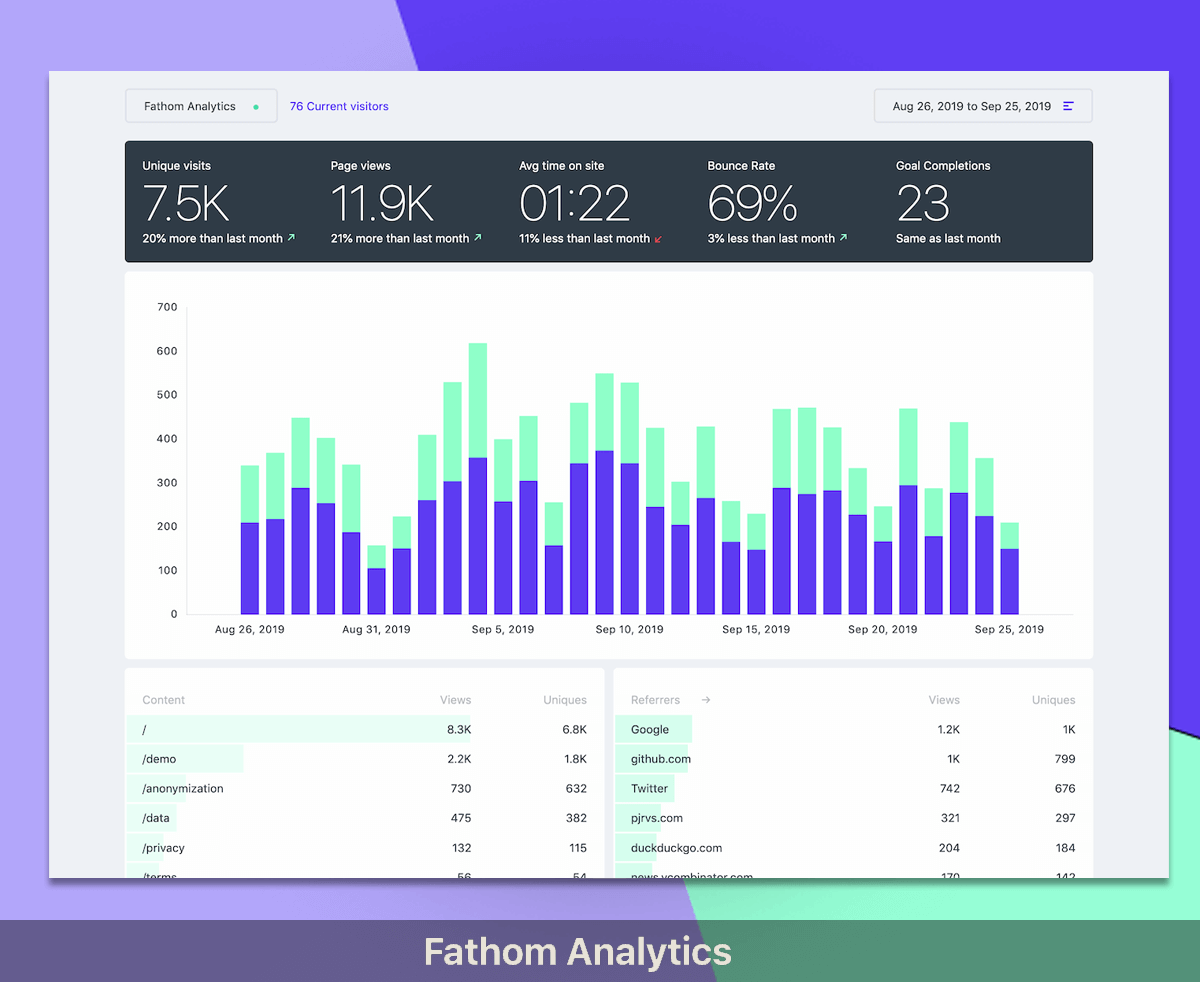Get the latest Laravel/PHP jobs, events and curated articles straight to your inbox, once a week
Source: themsaid.com
Asynchronous PHP — Multiprocessing, Multithreading & Coroutines
Let's take a look at this typical PHP code: function names() { $data = Http::get('data.location/products')->json(); $names = []; foreach ($data as $item){ $names[] = $item['name']; } return $names; } We send an HTTP request that returns an array of items, then we store the name of each item in a $names array. Executing this function will take time that's equal to the duration of the request plus the time it took to build the array.
In other words, the available cores will switch between processing our two processes and other processes.
So if we break down our code, it comes to this: go(function(){ $data = Http::get('data.location/products')->json(); // yields foreach(..).
In other words, the available cores will switch between processing our two processes and other processes.
So if we break down our code, it comes to this: go(function(){ $data = Http::get('data.location/products')->json(); // yields foreach(..).
Newsletter

Glimpse
Glimpse streamlines Laravel development by seamlessly deploying GitHub pull requests to preview environments with the help of Laravel Forge.
Laravel/PHP Careers





